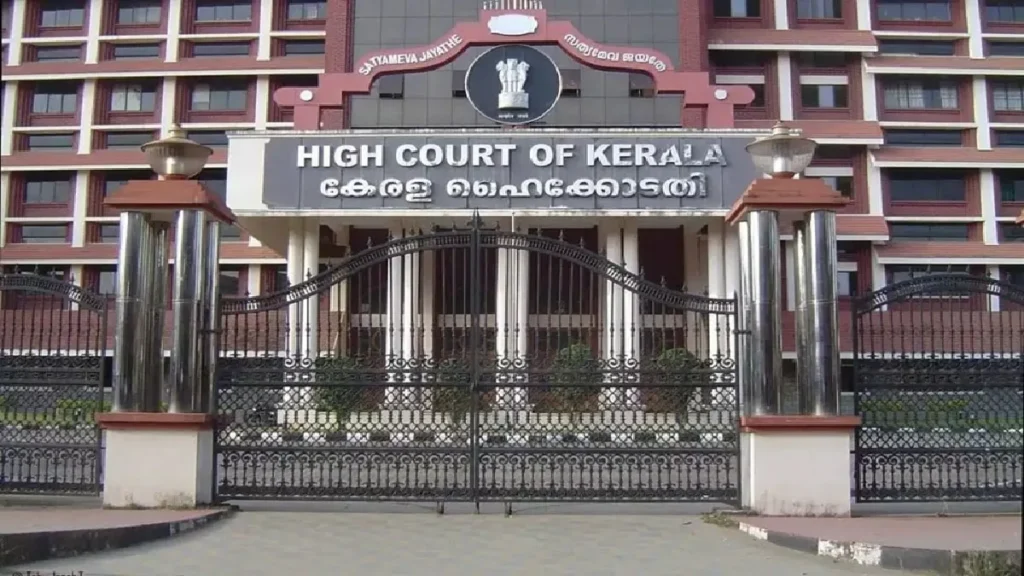Thiruvananthapuram. The Kerala High Court on Monday stayed the order of the single judge bench in which the formation of Justice CN Ramachandran Nair Commission was canceled by the Kerala government. The Nair Commission had to investigate the rights of about 600 families facing eviction after a property was declared a property in Munambam, Kerala. Kerala High Court Chief Justice Nitin Jamdar and Justice S. Manu’s bench gave this order on the appeal filed by the state government against the decision of the single judge. This has raised the hope of families surrounded by the Waqf dispute. These families are constantly protesting for justice.
The dispute of Waqf property was of 404.76 acres of Munambam. However, the property has remained about 135.11 acres due to sea erosion. In the year 1950, this land was given by a person named Siddiqui Set to Farooq College in a gift. Many families were already living on this land. This led to a legal battle between Farooq College and people on land. After this, the college sold some parts of the land to these people. It was not said in the sale of lands that the property belongs to Waqf. After this, in the year 2019, the Kerala Waqf Board formally registered the land as Waqf’s property. The sale earlier was canceled. After this, the people on the ground made an appeal to the Waqf Tribunal in Kozhikode, challenging the decision of the State Waqf Board.
Meanwhile, in view of the increasing protest of about 600 families, the Kerala government formed an inquiry commission in November 2024 under the chairmanship of former High Court Justice CN Ramachandran Nair. So that the issue can be solved. This commission was challenged by members of the Kerala Waqf Conservation Committee in the High Court. His argument was that the Kerala government has no right to go out of the purview of law and check Waqf properties. During the hearing of the case, on 17 March 2025, Justice Bechu Kurien Thomas quashed the order for the formation of the Commission. The decision said that the Commission does not have the legal right to intervene in just or pending cases under the Waqf Act 1995. Then challenging this decision of the single bench of the High Court, the state appealed that the petitioners lack the jurisdiction and the order was passed without proper understanding of laws and facts.
